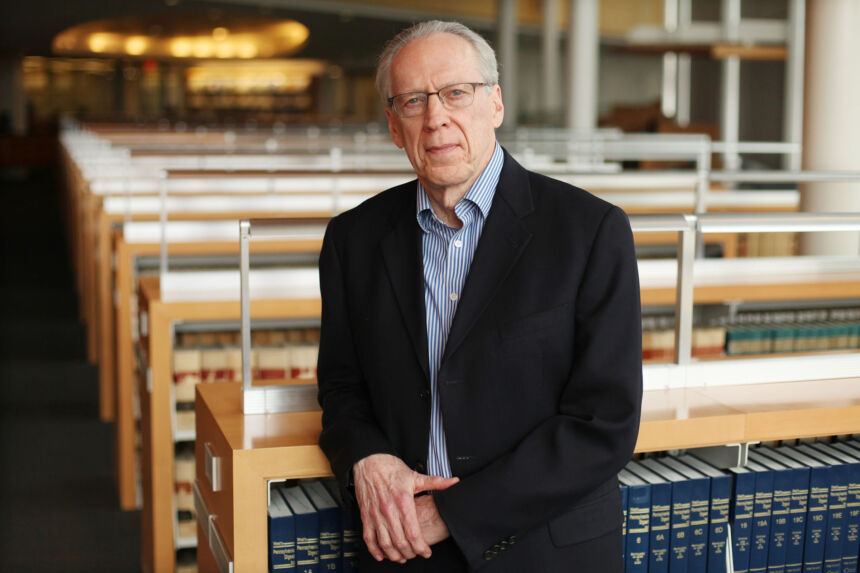January 25, 2022
SIA professor emphasizes diplomacy, career realities in Foreign Service and government

UNIVERSITY PARK, Pa. – The School of International Affairs (SIA) master’s program has a longstanding tradition of providing students with the professional development that they will need to be successful members of the U.S. Foreign Service or in other government agencies, international and non-governmental organizations and elsewhere.
Students who envision working as a diplomat and traveling and serving overseas often need to face a reality check as they contemplate this type of career, said SIA professor and former Ambassador Dennis Jett, a 28-year veteran of the State Department and founding member of SIA.
The second edition of his book “American Ambassadors”, which was published in December, helps provide that perspective. It also highlights many of the lessons SIA students learn in his classroom, from what it takes to serve as an ambassador – as he did twice, in Mozambique and Peru – to the politics surrounding the nomination process and understanding career development in a bureaucracy.
“I try to inform students about what the job of a diplomat involves and the sacrifices it requires and urge them to reflect carefully on whether it is the kind of career they really want,” Jett said.
Since coming to Penn State, Jett has taught every SIA student since its inception in 2008 about the responsibilities of serving as a representative of the State Department and the vital contribution that diplomacy makes to national security.
“Often, the incessant travel, remote postings, threats like terrorism and disease, and the complexity and slowness of the bureaucracy can be frustrating and disheartening,” Jett said. “Those challenges provide a need to train students in how to understand and navigate the system of government that supports diplomats abroad and makes foreign policy in Washington.”
The second edition of “American Ambassadors” provides insight into the career pathways in the Foreign Service and comparable jobs, as Jett and other SIA faculty demonstrate throughout the MIA program.
“The best thing about my job is seeing my former students launch their careers, begin to move ahead in them, and to make a positive impact on the world. But I want to give them a perspective that is realistic, so they’re not disillusioned if it doesn’t go exactly as they’d planned,” Jett said. “I think it is important to educate them on what life in government is really like, sharing what I’ve learned over the years through research as well as experience, and highlighting some of the things I wish I had known at the start.”
